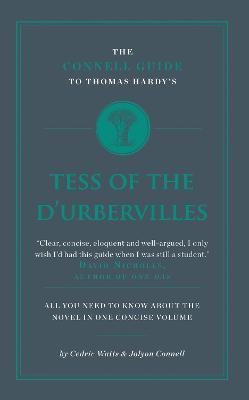The Connell Guide To Thomas Hardy's Tess of the D'Ubervilles(English, Paperback, Watts Cedric)
Quick Overview
Product Price Comparison
Few novels have caused more of a stir than Tess of the d'Urbervilles. In England, the Duchess of Abercorn stated that she divided her dinner-guests according to their view of Tess. If they deemed her "a little harlot", she put them in one group; if they said "Poor wronged innocent!", she put them in another. It is a telling illustration of the novel's word-of-mouth success. The Daily News wittily claimed that "pessimism (we had almost said Tessimism) is popular and fashionable". Fan-mail arrived: Hardy said that his mail from readers even included confessional letters from various wives who, like Tess, had gained premarital sexual experience but, unlike her, had not told their husbands of it. Hardy's fame was now so great that he was a frequent guest at fashionable dinner parties. In 1892 he recorded that Tess's fame had spread round the world and that translations were multiplying, "its publication in Russia exciting great interest". Controversy generated publicity. Publicity generated prosperity. Sales of Tess far surpassed those of any of Hardy's previous works, and between 1900 and 1930 was reprinted "some forty times in England alone". In addition to making Hardy famous and rich, the scandalous Tess attracted, and has continued to attract, an extraordinary range of critical opinion. Victorian reviewers, humanists, neo-Marxists, deconstructionists, cultural materialists, new historicists: everyone has had something to say about the novel. This book, drawing on the best of these critics, shows why, for all its faults, it has such power, and explains the angry and uncompromising vision of the world contained within its pages.


